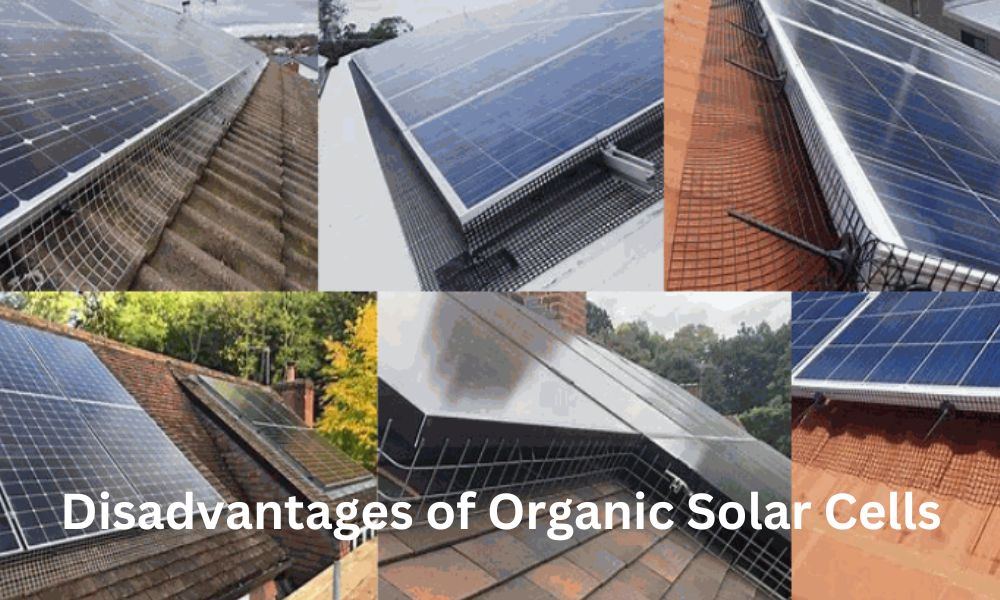There are also many Disadvantages of Organic Solar Cells photovoltaic solar cells or solar plates nowadays in 2024. There are a lot of Organic solar cells, while flexible and lightweight, that face a lot of disadvantages or drawbacks all over the world in 2024.
These Organic solar cells typically have a lower efficiency rate to generate solar energy and shorter lifespans compared to traditional silicon-based cells. Their performance to make energy can degrade quickly under exposure to air and moisture, and large-scale production remains costly and challenging.
There are many Organic solar cells (OSCs), also known as organic photovoltaics (OPVs), which are the most profitable technology in the renewable energy sector due to their potential for low-cost production, flexibility, and lightweight.
These cells use organic molecules or polymers to absorb light and generate electricity, which sets them apart from traditional silicon-based solar cells. However, despite their innovative potential and unique advantages, organic solar cells come with several significant disadvantages that impact their performance, durability, and commercial viability.
When compared to normal traditional solar panels, other silicon-based solar panels, usually solar plates provide lesser efficiency (10–17%), and this results in less energy being produced or generated.
These solar panels also known as solar plates can produce energy to run a home and in this way, we can save a lot of money. Their lifetime or cycle is also very short but a lot of scientists are working to increase their life to 10 to 15 years.
Final words
There are also many Disadvantages of Organic Solar Cells photovoltaic solar cells or solar plates nowadays in 2024. There are a lot of Organic solar cells, while flexible and lightweight, that face a lot of disadvantages or drawbacks all over the world in 2024.
These Organic solar cells typically have a lower efficiency rate to generate solar energy and shorter lifespans compared to traditional silicon-based cells. Their performance to make energy can degrade quickly under exposure to air and moisture, and large-scale production remains costly and challenging.
There are many Organic solar cells (OSCs), also known as organic photovoltaics (OPVs), which are the most profitable technology in the renewable energy sector due to their potential for low-cost production, flexibility, and lightweight.
